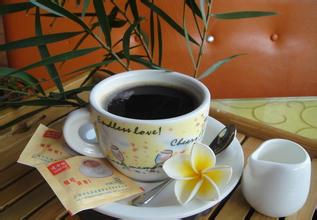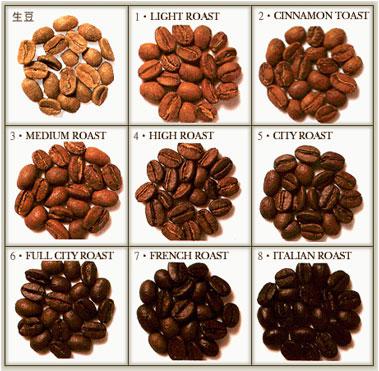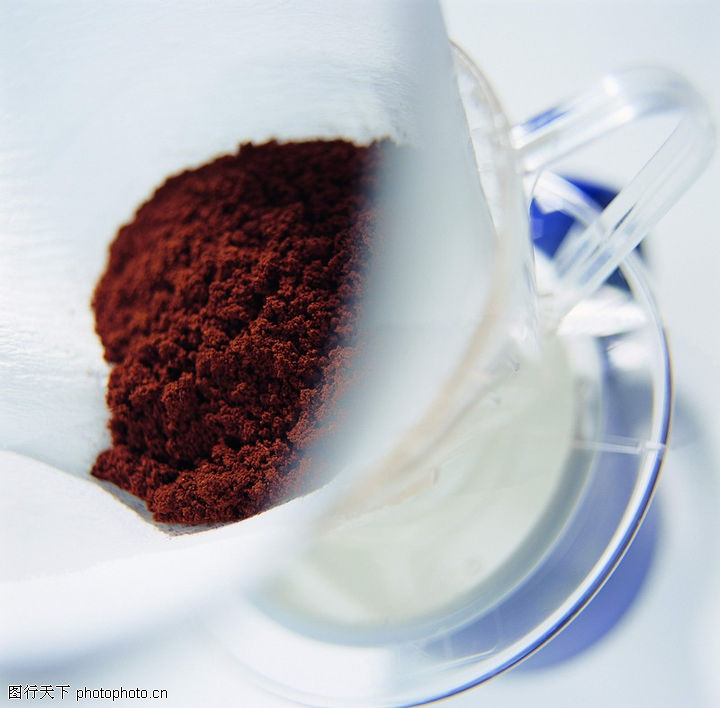Characteristics of Tanzanian coffee flavor of Tanzania coffee
Political instability and pest infestation have disrupted Tanzania's coffee industry, leading to a decline in overall coffee levels and instability in quality, which in turn has led to lower prices, which usually result in further declines in the coffee industry. More notably, it is estimated that more than 12 per cent of the Arabica coffee grown in northern Tanzania from 1969 to 1985 was smuggled into Kenya. However, the coffee industry has shown signs of improvement recently. Although the progress is slow, it is encouraging because the quality of coffee in Tanzania is excellent.
Coffee in Tanzania:
Tanzania's coffee beans produce a lot of berry coffee and are said to be stronger than regular coffee. Generally speaking, Tanzanian coffee beans are of exceptional quality. For example, the finest Tanzanian Chagga AA coffee produced in the Moshi region near Kilimanjaro is known for its full-grain, aromatic quality.
Characteristics of Tanzanian Coffee:
Flavor: rich and refreshing, acidity lower than Kenya coffee, pure flavor, aroma overflowing
Recommended baking method: medium baking
★★: Good
Tanzania Coffee Market:
Tanzania's coffee exports occupy an important position in the overall national economy.
In the past, Tanzania's coffee industry has been dominated by plantation cultivation, but now more than 85% is cultivated by smallholders. Many small farmers form cooperative organizations, the most important of which is the Kilimanjaro Cooperative Union (KNCU). Tanzanian coffee is sold at auction by the Tanzanian Coffee Marketing Board (TCMB) to private exporters. In the 1980s, most coffee sales in Tanzania shifted from auctions to direct sales to the Tanzania Coffee Marketing Board.
This has changed, and the coffee industry is being reformed to allow individuals or groups to buy coffee in the future, and coffee will be graded in different ways to attract buyers from Germany, Finland, the Netherlands, Belgium and Japan.

Important Notice :
前街咖啡 FrontStreet Coffee has moved to new addredd:
FrontStreet Coffee Address: 315,Donghua East Road,GuangZhou
Tel:020 38364473
- Prev

Delicate, smooth, refreshing and elegant Cuban Crystal Mountain Coffee flavor, characteristics, taste and manor introduction
In 1748, coffee was introduced into Cuba from Domiga, and Cuba began to grow coffee ever since. With fertile land, humid climate and abundant Rain Water, Cuba can be called a natural treasure land for coffee cultivation. The suitable natural conditions provide a favorable natural environment for the growth of coffee trees, and coffee is well planted and developed here. In Cuba, the cultivation of coffee is regulated by the state. Cuba is the best
- Next

The flavor, characteristics, taste and manor introduction of Salvadoran coffee with balanced taste and fine texture.
Salvadoran coffee refers to the coffee produced in the small South American country of El Salvador, where the coffee body is light, aromatic, pure, slightly sour, the flavor is extremely balanced, is a specialty of Central America. With sour, bitter, sweet and other taste characteristics, the best baking degree is moderate, deep. Salvadoran coffee is characterized by balanced taste, good texture, sour, bitter and sweet taste.
Related
- Detailed explanation of Jadeite planting Land in Panamanian Jadeite Manor introduction to the grading system of Jadeite competitive bidding, Red bid, Green bid and Rose Summer
- Story of Coffee planting in Brenka region of Costa Rica Stonehenge Manor anaerobic heavy honey treatment of flavor mouth
- What's on the barrel of Blue Mountain Coffee beans?
- Can American coffee also pull flowers? How to use hot American style to pull out a good-looking pattern?
- Can you make a cold extract with coffee beans? What is the right proportion for cold-extracted coffee formula?
- Indonesian PWN Gold Mandrine Coffee Origin Features Flavor How to Chong? Mandolin coffee is American.
- A brief introduction to the flavor characteristics of Brazilian yellow bourbon coffee beans
- What is the effect of different water quality on the flavor of cold-extracted coffee? What kind of water is best for brewing coffee?
- Why do you think of Rose Summer whenever you mention Panamanian coffee?
- Introduction to the characteristics of authentic blue mountain coffee bean producing areas? What is the CIB Coffee Authority in Jamaica?

